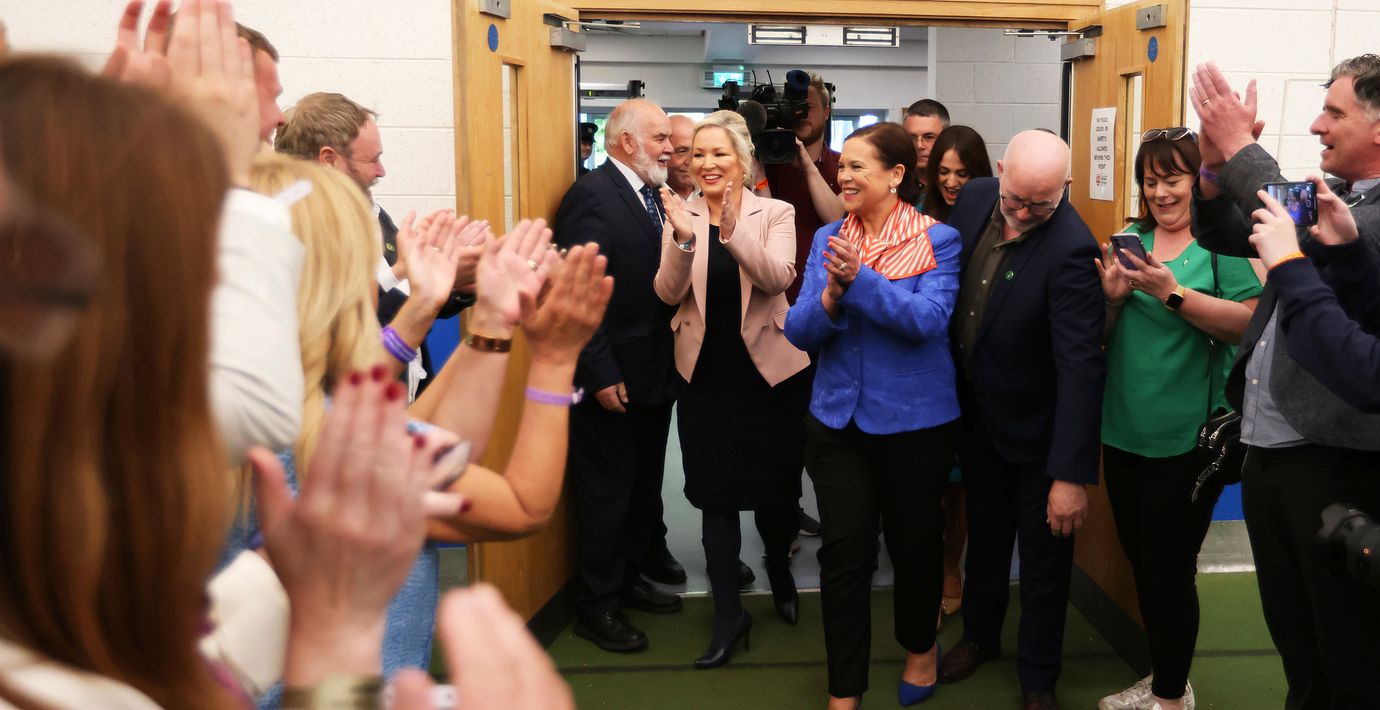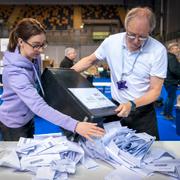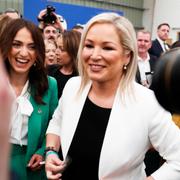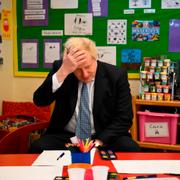Wikipedia (en)
The Troubles (Irish: Na Trioblóidí) were an ethno-nationalist conflict in Northern Ireland that lasted about 30 years from the late 1960s to 1998. Also known internationally as the Northern Ireland conflict, it is sometimes described as an "irregular war" or "low-level war". The conflict began in the late 1960s and is usually deemed to have ended with the Good Friday Agreement of 1998. Although the Troubles mostly took place in Northern Ireland, at times violence spilled over into parts of the Republic of Ireland, England and mainland Europe.
The conflict was primarily political and nationalistic, fuelled by historical events. It also had an ethnic or sectarian dimension but despite use of the terms 'Protestant' and 'Catholic' to refer to the two sides, it was not a religious conflict. A key issue was the status of Northern Ireland. Unionists and loyalists, who for historical reasons were mostly Ulster Protestants, wanted Northern Ireland to remain within the United Kingdom. Irish nationalists and republicans, who were mostly Irish Catholics, wanted Northern Ireland to leave the United Kingdom and join a united Ireland.
The conflict began during a campaign by the Northern Ireland Civil Rights Association to end discrimination against the Catholic/nationalist minority by the Protestant/unionist government and local authorities. The government attempted to suppress the protests. The police, the Royal Ulster Constabulary (RUC), were overwhelmingly Protestant and accused of sectarianism and police brutality. The campaign was also violently opposed by loyalists, who said it was a republican front. Increasing tensions led to the August 1969 riots and the deployment of British troops, in what became the British Army's longest operation. "Peace walls" were built in some areas to keep the two communities apart. Some Catholics initially welcomed the British Army as a more neutral force than the RUC, but soon came to see it as hostile and biased, particularly after Bloody Sunday in 1972.The main participants in the Troubles were republican paramilitaries such as the Provisional Irish Republican Army (IRA) and the Irish National Liberation Army (INLA); loyalist paramilitaries such as the Ulster Volunteer Force (UVF) and Ulster Defence Association (UDA); British state security forces such as the British Army and RUC; and political activists. The security forces of the Republic of Ireland played a smaller role. Republicans carried out a guerrilla campaign against British forces as well as a bombing campaign against infrastructural, commercial and political targets. Loyalists attacked republicans/nationalists and the wider Catholic community in what they described as retaliation. At times, there were bouts of sectarian tit-for-tat violence, as well as feuds within and between paramilitary groups. The British security forces undertook policing and counter-insurgency, primarily against republicans. There were incidents of collusion between British state forces and loyalist paramilitaries. The Troubles also involved numerous riots, mass protests and acts of civil disobedience, and led to increased segregation and the creation of temporary no-go areas.
More than 3,500 people were killed in the conflict, of whom 52% were civilians, 32% were members of the British security forces and 16% were members of paramilitary groups. Republican paramilitaries were responsible for some 60% of the deaths, loyalists 30% and security forces 10%. The Northern Ireland peace process led to paramilitary ceasefires and talks between the main political parties, which resulted in the Good Friday Agreement of 1998. This Agreement restored self-government to Northern Ireland on the basis of "power-sharing" and it included acceptance of the principle of consent, commitment to civil and political rights, parity of esteem, police reform, paramilitary disarmament and early release of paramilitary prisoners. There has been sporadic violence since the Agreement, including punishment attacks and a campaign by dissident republicans.



